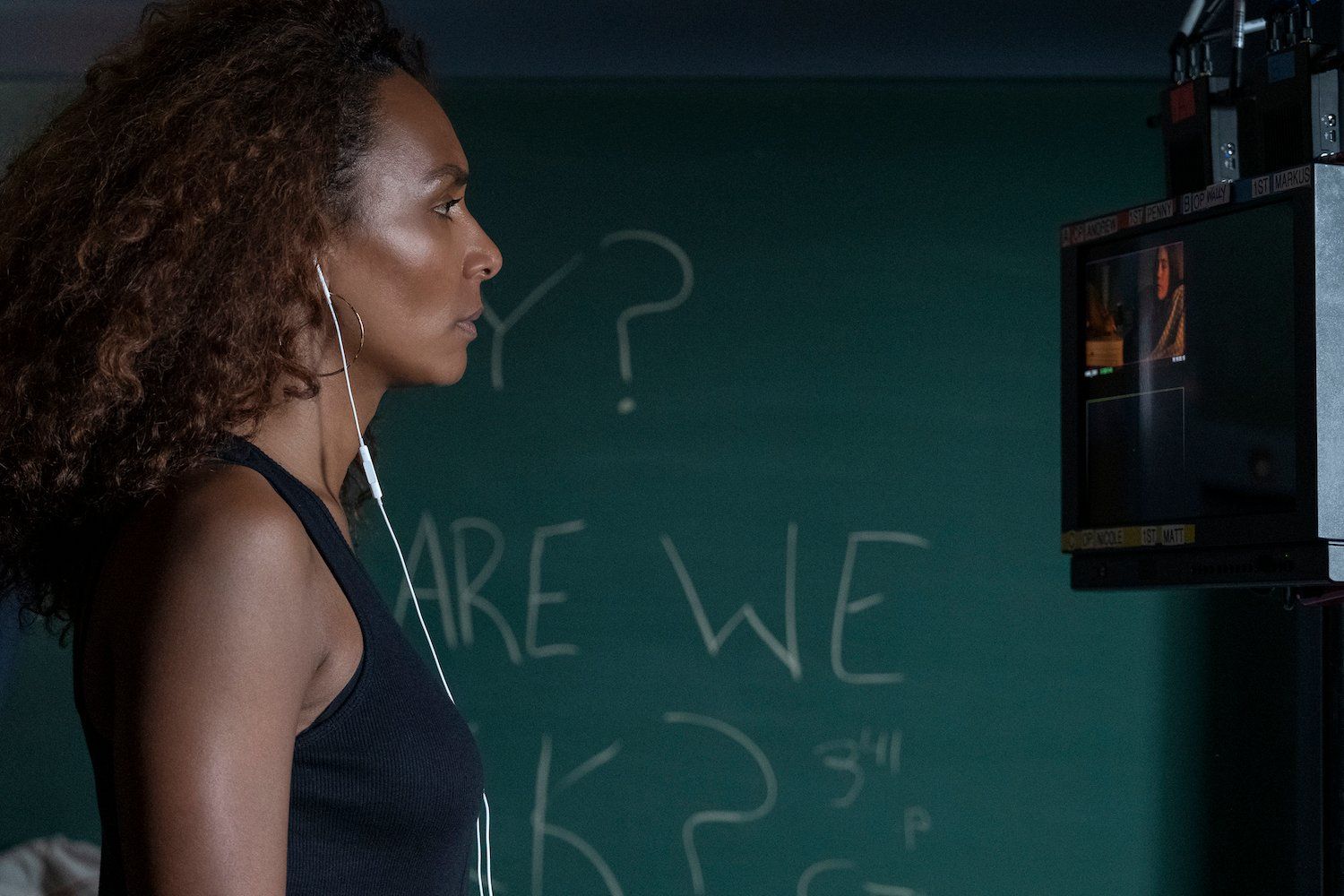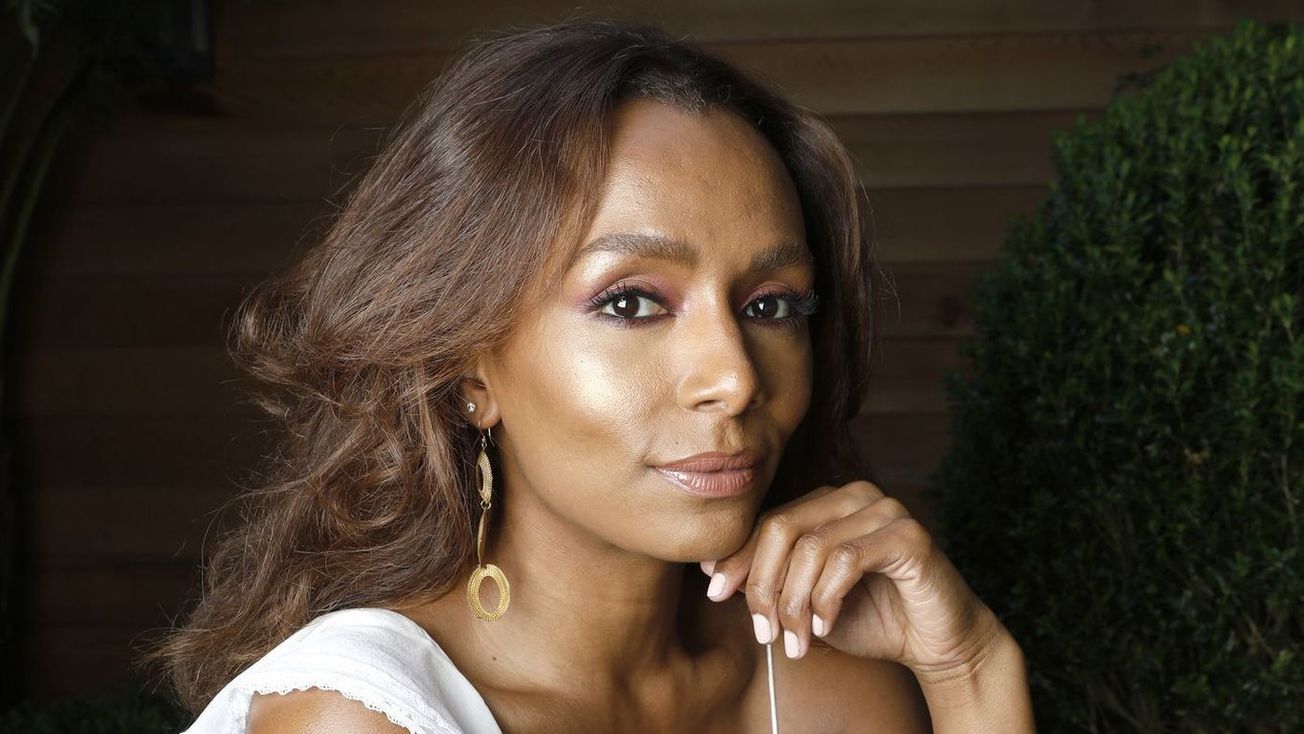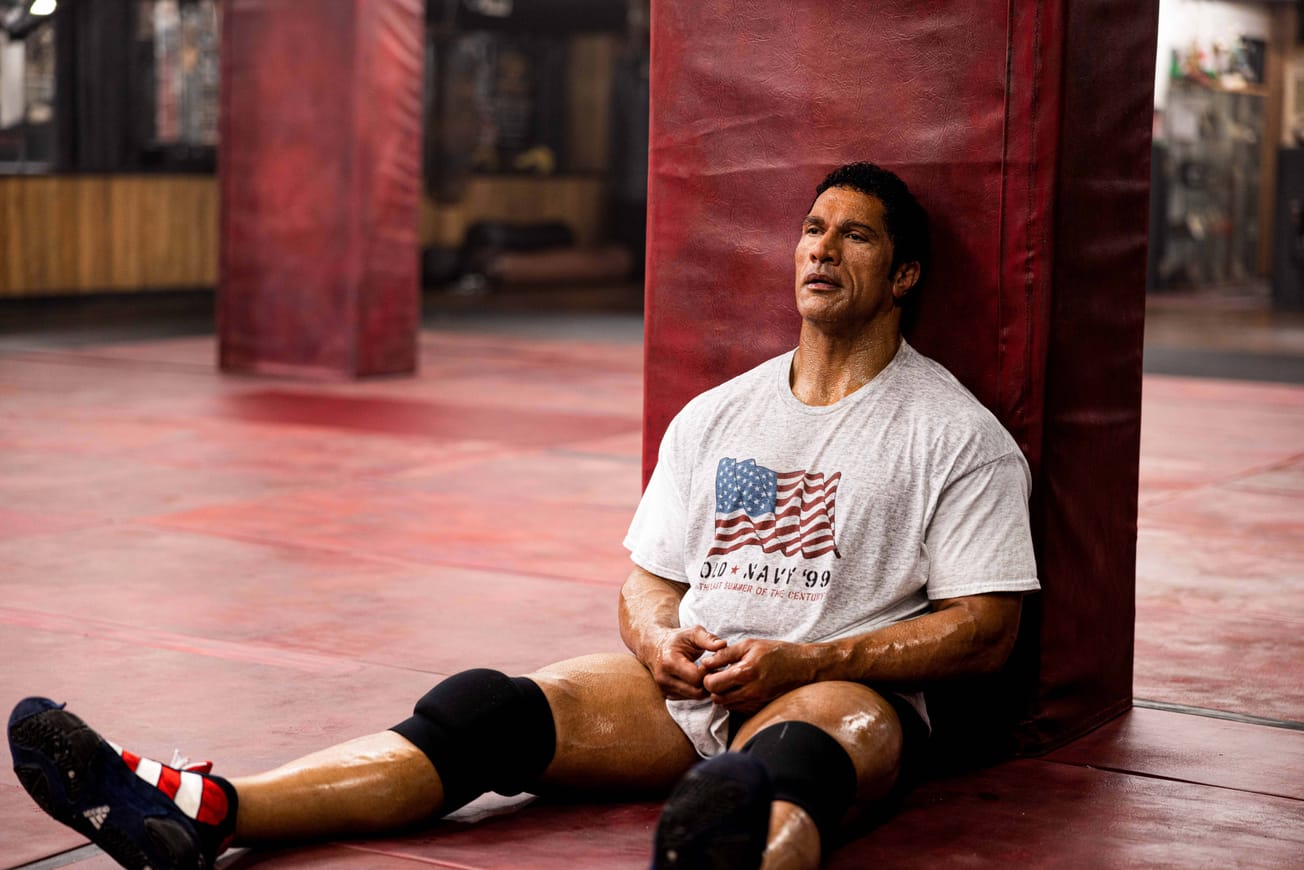By Kofo Ajala, Digital Opinion Editor
In 2019 Janet Mock made history by being the first openly trans director/screenwriter to secure a Netflix deal. It is not only her story as a black transgender woman, but the stories that she brings to the small screen that has made her more than deserving of every possible accolade.
Mock’s Netflix deal came after the unbeaten run of the era-shaping TV drama Pose (2018-), for which she co-wrote an episode. In a world where the stories of the marginalised have time and time again fallen to the wayside of public history, art and fiction find a way to bring these stories to light.
Pose, an FX production, is based in 1980s New York and explores the lives of trans women of colour. This period drama not only focuses on the disco-fuelled, Wall Street world of the '80s as we understand it, but also New York’s ballroom underbelly that acted as a safe haven for so many Black and Latinx queer people. It follows the story of a family estranged by those that would not accept them for who they are.
Topics in the show include the AIDS epidemic, and the intersectionality of an overtly divided LGBTQ+ community. When society uses so many excuses to push your stories into its fringes – race, sexuality and general non-conformity - it is no surprise that history may not always have the means to remember their impact.
The world is a better place because we have somebody like Janet at the helm, telling the stories that would not otherwise be said or get told
Billy Porter
Historical fiction is often branded as romanticised, frivolous and sensationalised. The cultural impact of period dramas is seen as limited to being short-lived fads and Reddit chains. In reality, fiction often has the power to tell the stories that history cannot or will not say. For Mock, stories of trans people of colour were not just of personal interest, but of national necessity.
In her book Redefining Realness: My Path to Womanhood, Identity, Love and so Much More, she explains: ‘I believe that telling our stories, first to ourselves and then to one another and the world, is a revolutionary act.’ This is why using her experiences to add to the rich world of Pose was something so important.
I'm excited to announce that I am partnering with Netflix to tell stories on a global platform. So proud to join the ranks of digital content moguls as the first trans woman to call her own creative shots at a major content company. https://t.co/ZXBOlXv1fM #girlslikeus
— Janet Mock (@janetmock) June 19, 2019
Mock uses her own personal experience to add even more legitimacy to the already-rich cultural background of the show. Every detail, from the music to the slang and the style of clothing is steeped in research and authenticity.
The telling of transgender stories does not take away from this. Instead, it merely explores the shared experiences that would have been prevalent in the lives of those who really walked in these paths yet were never heard. In an interview for KCBX radio, Mock said: ‘I watch the monitors sometimes […] with tears in my eyes, realising that these were the sort of stories that I was craving as a young person.’
Every detail, from the music to the slang and the style of clothing is steeped in research and authenticity.
The particular episode Mock co-wrote, titled “Love is the Message” features deeper probes into the impact of the AIDS epidemic on the lives of the LGBTQ community. We see Pray Telly (Porter) lose his partner to AIDS. With the emotional toll of losing loved one after loved one, and the fear of his own impending demise, the audience is left helpless as we watch one of the pillar characters spiral downwards.
The scenes are overwhelming and overpowering. The sorrow and grief are intensely palpable. We also see a confrontation between one of the main characters and the wife of her love interest. Angel (Moore) is told to prove her trans identity to Patty (Mara) by exposing her genitals. It focuses a lot on what it means to ‘pass’ as a woman and the implications of trying to have your identity understood on brash and binary terms.

Through the work of Mock and the whole team of Pose, the world of trans people of colour is seen in a much broader and fuller light. The tone and nuance permeate every aspect of the storyline and gives audiences the chance to engage with the collective experience of marginalised voices.
Renowned actor and LGBTQ activist, Billy Porter, reminisces on his life as an openly gay black man in the ‘80s. He said: ‘As a gay man who came out in 1985, the "T" in "LGBTQ" was mostly absent from my queer knowledge, and I was just so moved by [Mock].’
I love you @theebillyporter. It's the honor of my life to tell these stories with you and watch you win for US! https://t.co/FBK4I72eJL
— Janet Mock (@janetmock) October 1, 2019
At this years Emmy Awards, Pose set the pace for history once again, with Billy Porter being the first openly gay black man to win for Leading Actor. When discussing his success, he states ‘I remember looking [Mock] in the face and seeing her eyes. I just said, “Baby, I got you. We're going to turn this sh*t out.” We took a breath together, and we took a hug together. And that's why I won an Emmy.
‘For real. That episode is why I won the Emmy[…]. The world is a better place because we have somebody like Janet at the helm, telling the stories that would not otherwise be said or get told.’ As Janet Mock moves onto her next endeavours, I am beyond excited to see what the future holds and what stories she has to tell.
This article is part of Epigram Film & TV’s Black History Month coverage. Over the course of the month, we will be featuring stories of pioneering black figures in cinema and highlighting some must-watch pieces of black cinema.
Featured: IMDb / Entertainment One
Are there any other pioneering black filmmakers that stand out to you?









